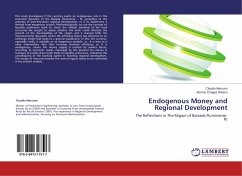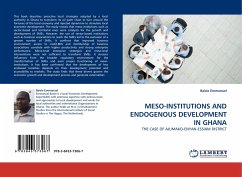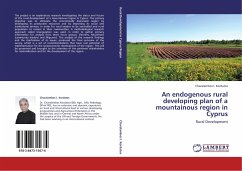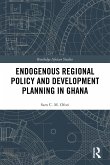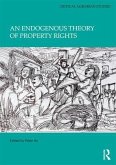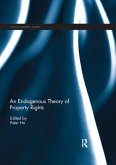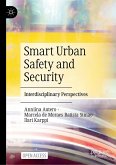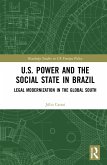This study investigates if the currency exerts an endogenous role in the economic dynamics of the Baixada Fluminense RJ, according to the precepts of post-Keynesian regional development, or if its importance is derived from exogenous actions. Methodologically, we use the concept of liquidity preference bank to check the reliable standard of the local economy. We sought to assess whether the bank credit affected the growth of the municipalities of the region and is rescued both the macroeconomic discussion where the orthodox theory has reference to an exchange model that leads to a general equilibrium. In this, the currency, especially credit, is available as an exogenous variable, i.e., it is seen as a mere intermediary item that increases business efficiency, or it is endogenous, where the money supply is created by market forces, according to economic needs, expressed by the demand for money. A summary of results shows high levels of liquidity preference, indicating the unwillingness of the banking system in fostering regional development. The escape of resources toward the central regions seems to be confirmed in the present analysis.
Bitte wählen Sie Ihr Anliegen aus.
Rechnungen
Retourenschein anfordern
Bestellstatus
Storno

